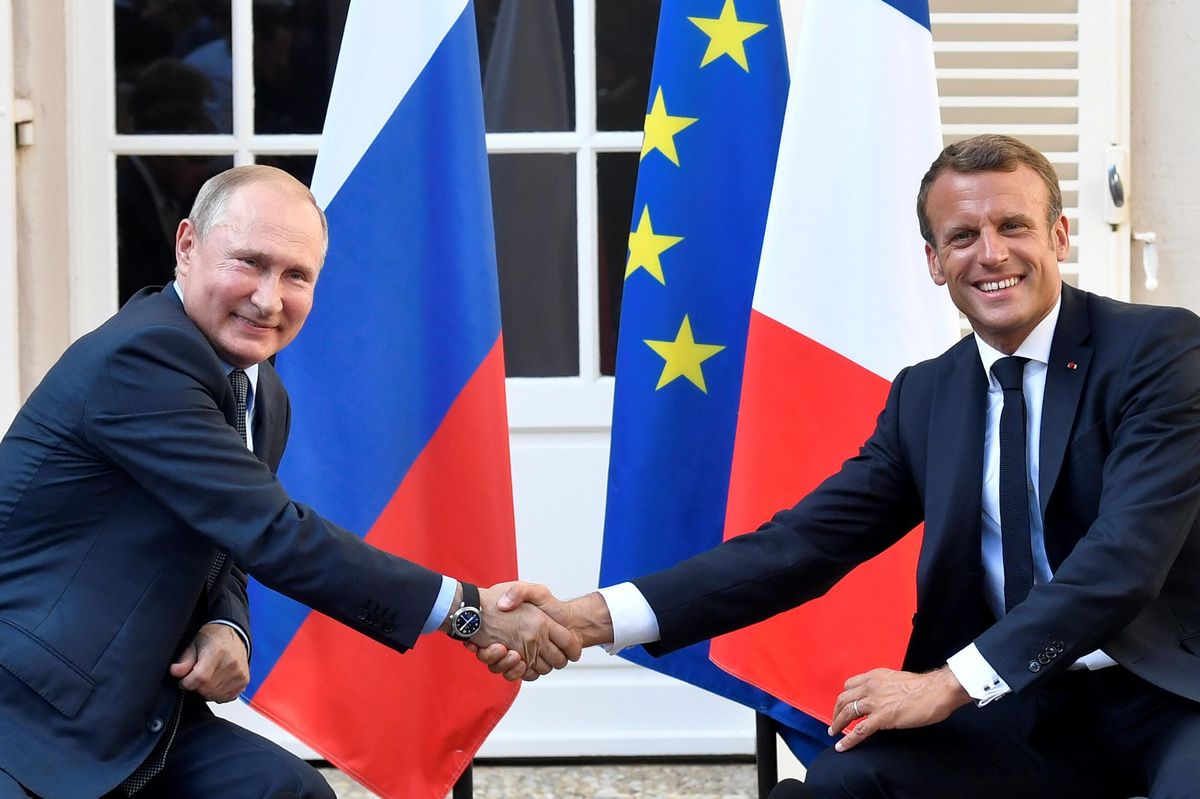Russia’s invasion of Ukraine is shifting politics inside every major country in the world. Here are four countries holding big elections this year — with details on how Vladimir Putin’s war is making a difference in Hungary, France, Brazil, and the United States.
Hungary — parliamentary elections on April 3
No EU head of government has friendlier ties with Putin than Hungary’s Prime Minister Viktor Orbán. But Russia’s invasion, says Mujtaba Rahman, head of Eurasia Group’s Europe desk, “is politically problematic for Orbán because it rekindles memories of the 1956 Soviet invasion for both pro- and anti-Orbán voters.” On the eve of what’s expected to be a close election, Hungary’s prime minister has had to strike a delicate balance on the war.
On the one hand, despite Hungary’s energy dependence on Russia, Orbán decided quickly after the invasion to back EU sanctions on Russia. On the other, fear of losing crucial pro-Russia voters to far-right election rivals encouraged him to oppose some EU plans, such as shipments of European weapons to Ukraine’s army.
In the end, Orbán’s dexterity in managing this crisis may boost his party’s chances next month.
France — presidential election on April 10 and April 24
Putin has done France’s President Emmanuel Macron an enormous favor. By starting a war during France’s six-month presidency of the Council of the European Union, he’s handed Macron the chance to play crucial European statesman rather than presidential candidate urgently hustling for votes.
The war has also sucked oxygen from the campaign of his rival, far-right favorite Marine Le Pen, who has “an embarrassing history of admiration for Vladimir Putin,” according to Rahman. In fact, her party courted controversy by borrowing money from a Russian-owned bank in 2014, when the National Rally Party was opposing Western sanctions against Russia over its seizure of Crimea.
Macron has now become a strong favorite to win a second-round victory on April 24.
Brazil — general election on October 2
Further afield, the war in Ukraine creates risks for Brazil’s President Jair Bolsonaro. Problem one is that he made a considerable show of visiting Putin in Moscow just days before the invasion to express “solidarity with Russia.” For some Brazilian voters, that’s an embarrassing reminder of Bolsonaro’s own controversial military background and hyper-macho political rhetoric. After the invasion, the president insisted that Brazil would remain “neutral,” alienating some voters on both sides.
But the Russian invasion’s biggest impact on Brazilian politics this year will be economic. In presidential polls, Bolsonaro now trails his main rival, former president Luis Inácio Lula da Silva, in part because high inflation (10% in 2021) has taken a toll on the purchasing power of millions of voters. A lasting global inflation shock, exacerbated by the Russia-Ukraine war, will undermine his chances of catching up.
US — midterm elections on November 6 and the 2024 presidential election
A recent poll found that 74% of American respondents said Russia’s invasion was unjustified, and 76% expressed a negative personal view of Vladimir Putin. But this is a question on which Democrats are far more united than Republicans, casting a shadow over GOP expectations of victory in November.
That vote is still eight months away, and President Biden’s relative unpopularity probably will deliver Congress to the GOP. By summer, Russia’s role in high gasoline prices will matter less than it does today to frustrated consumers.
But what about the 2024 presidential election? Just 3% of that poll’s respondents who voted for Donald Trump in 2020 were willing to say Biden is “doing a better job leading his country” than Putin is. If Trump runs again, his continuing public admiration for Putin — the former president called the Ukraine invasion “genius” — could cost him considerable support. After all, 58% of Republican voters back Ukraine at the moment.
Even if Trump settles for the role of GOP kingmaker, his support of Putin could divide both Republican leaders and voters — and alienate some GOP-leaning independents. Especially in the highly likely event that Russia features prominently in election-year headlines.






